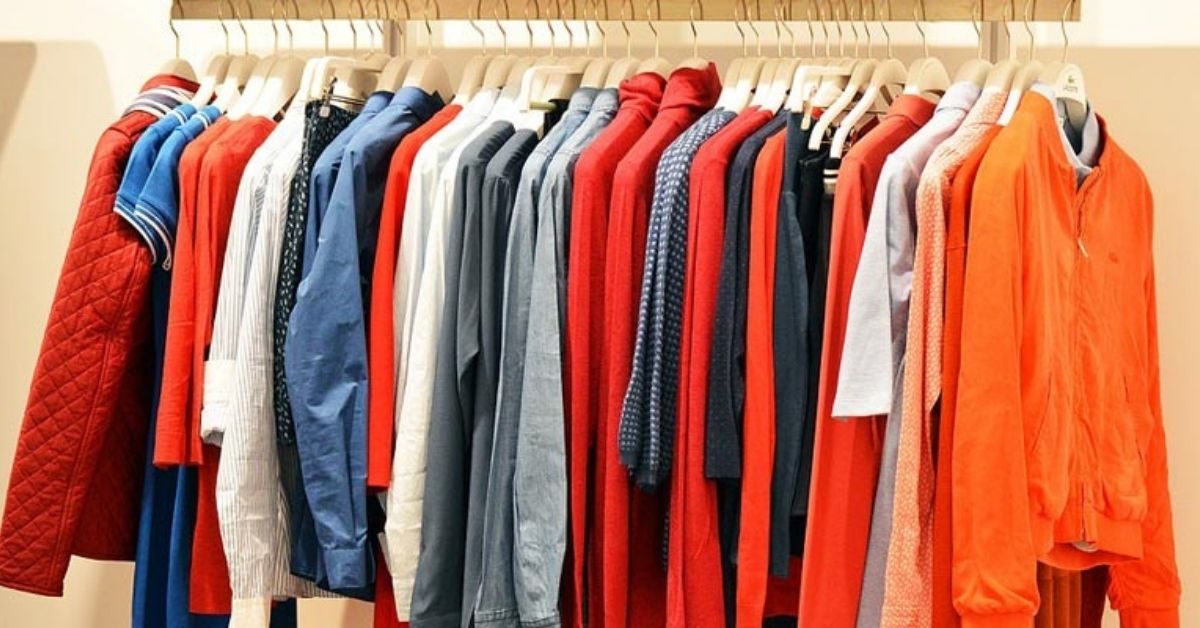Source: Dalal Street Investment Journal
This extension, spanning a duration of two years, is a strategic decision aimed at providing a stable policy framework. Such stability is deemed crucial for long-term trade planning, especially in the textile sector where orders are often placed well in advance for extended delivery periods.
The RoSCTL has proven to be instrumental in enhancing the competitiveness of Indian exports in the apparel and made-ups segments—key components of the textile value chain. By extending the scheme, the government aims to maintain predictability and stability in the policy regime, alleviating the burden of taxes and levies and fostering a level playing field. The underlying principle here is clear: “goods are exported and not domestic taxes.”
This isn’t the first time the Union Cabinet has given the green light to RoSCTL. The scheme was initially approved until March 31, 2020, and subsequently extended until March 31, 2024. The current extension until March 31, 2026, is a strategic move to further enhance the export competitiveness of garments and made-ups, making these products cost-competitive on the global stage.
The RoSCTL aims to compensate for State and Central Taxes and Levies, along with the Duty Drawback Scheme, on the export of apparel/garments and made-ups through a rebate mechanism. This aligns with the internationally accepted principle that taxes and duties should not be exported, ensuring a level playing field in the international market for exports.
The scheme covers a broad spectrum of taxes and levies, including VAT on fuel used in transportation, mandi tax, duty of electricity, and embedded SGST on inputs like pesticides and fertilizers. Rebates for Central Taxes and Levies encompass excise duty on transportation fuel, embedded CGST on inputs, and Compensation Cess on coal used in electricity production.
Notably, products falling outside the scope of RoSCTL (excluding Chapter 61, 62, and 63) are eligible to avail benefits under the Remission of Duties and Taxes on Exported Products (RoDTEP) along with other products.
The RoSCTL has played a pivotal role in fostering competitiveness in the labor-intensive segments of the textile value chain. The current extension, spanning two years, is anticipated to provide the stability needed for long-term trade planning in the textile sector.
In conclusion, the Union Cabinet’s approval for the continuation of the RoSCTL scheme underscores the government’s commitment to bolstering India’s textile exports, promoting global competitiveness, and ensuring a conducive environment for sustained growth in the sector.








